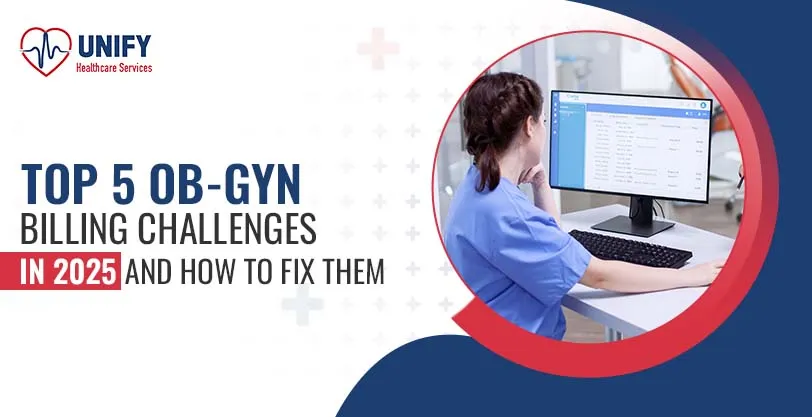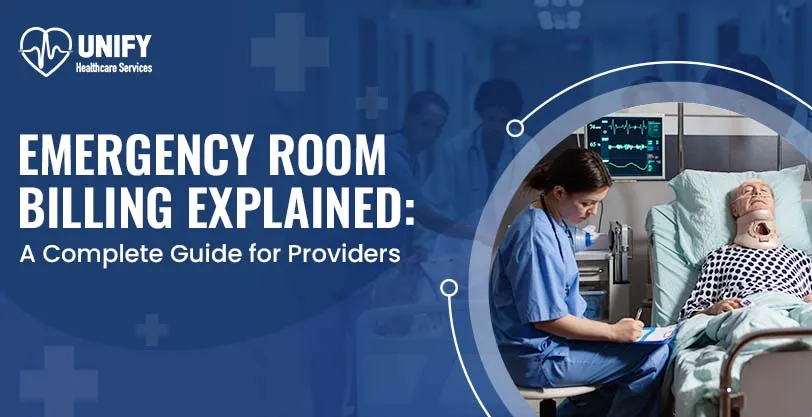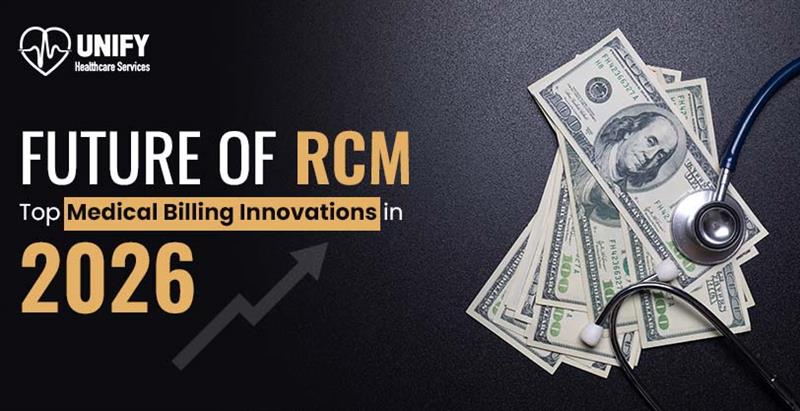Cardioversion refers to the medical procedure which is done to convert an abnormally fast heart rate or other cardiac arrhythmia to normal rhythm using electricity or drugs. For simplifying it, this procedure is coded as an external and internal procedure. Cardioversion medical billing can significantly reduce the financial stress of your practice.
CPT codes 92960 (cardioversion, elective, electrical conversion of arrhythmia; external) and 92961 (cardioversion, elective, electrical conversion of arrhythmia; internal; separate procedure) are used to document cardioversion.
As per the Cardiology CPT codes description, code 92960 describes external electrical cardioversion while CPT code 92961 is used to report internal cardioversion. In this blog we will learn about Cardioversion Medical Billing.
Types of Cardioversions
Electrical Cardioversion
This involves an electric shock delivered to the heart through paddles or patches on the chest of the patient. The shock stops the heart’s electrical activity for a moment which allows it to reset and get back to normal rhythm.
Pharmacological Cardioversion
This method uses medication instead of electric shock, which restores heart rhythm. The drugs are injected in the veins or taken in as medicine orally. It can effectively manage certain types of arrhythmias without the need for electrical intervention.
Differentiation Between Cardioversion & Internal Cardioversion
External Cardioversion
Description: External Cardioversion is a medical procedure which is used to restore a normal heart rhythm in patients with some specific sort of arrhythmia like atrial fibrillation. This non-invasive method includes the delivery of an electrical shock to the heart through electrodes placed on the chest.
Application: It is used primarily when immediate intervention is needed to address irregular heart rhythm that is not responsive to medication. It is a critical tool in emergency cardiac care which offers rapid solutions to potentially life-threatening arrhythmias.
Sedation: Sedation is typically administered to make sure that the patient is comfortable during treatment. The level of sedation must be controlled to decrease discomfort while maintaining patient safety.
Location: The procedure is done in a controlled environment like a hospital where emergency care is readily available whenever needed.
Intensity: The shock given during external cardioversion is carefully monitored to be strong enough to reset the heart's rhythm without causing any damage to it.
Advantages: External Cardioversion provides a quick and effective method to restore normal heart rhythm with immediate results. It is a preferred option when rapid intervention is needed.
Internal Cardioversion
Description: Internal cardioversion includes delivering electrical shock directly to the heart by placing electrodes inside the heart. This procedure is typically used when external cardioversion is not effective.
Application: It is often used for more complex arrhythmias or in cases of external cardioversion if the heart has stopped. It lets providers have more precise control of the electrical impulse, while targeting specific areas of the heart.
Sedation: Because of its invasive nature, internal cardioversion needs more intensive sedation or general anesthesia, which ensures patient safety and comfort.
Location: This procedure is conducted in a specialized setting like a cardiac catheterization lab which requires a team of specialized medical professionals.
Intensity: The intensity of internal cardioversion can be a bit lower than external cardioversion. It is more targeted which provides a tailored approach to arrhythmia treatment.
Advantage: Effectiveness with stubborn arrhythmias is the advantage of internal Cardioversions. It provides a more precise approach to rhythm correction.
Basics of Cardioversion CPT code 92960 & 92961
CPT Code 92960
Cardioversion is a delicate procedure in cardiac care. It is included in the Cardiology CPT code 92960. This code is a representation of external elective cardioversion. Generally, it is a planned procedure different from emergency interventions.
Medical billers and providers must understand the nuances of CPT code 92960. This code encapsulates comprehensive cardiac treatment that requires precise billing practices.
CPT Code 92961
The CPT code 92961 includes internal cardioversion. The approach to cardioversion signified by this code is a procedure that needs an in-depth understanding of accurate billing.
For providers and medical billers, understanding the intricacies of CPT code 92961 is very important. It is not only about coding a procedure but about capturing the essence of a sophisticated cardiac intervention. This ensures that the billing process reflects the complexity and precision of the medical service rendered.
Reimbursement Rate of CPT Code 92960
Understanding the Cardiology CPT codes, especially 92960, is important for accurate medical billing. This code reflects external cardioversion, which is an essential cardiac procedure.
It is important to keep track of the critical care codes that are CPT codes 99291 and 99292 which might be used in conjunction with 92960 during complex cases. Accurate coding signifies accurate reimbursement and reflects the quality and complexity of the care provided.
Reimbursement Rate of CPT Code 92961
The Cardiology CPT Code, especially the CPT 92961 code, reflects cardiac cardioversion which is called defibrillation. Comparing the codes 92960 and 92961 reveals small differences which are important for accurate documentation. The CPT code 92960 signifies elective cardioversion and 92961 is used for immediate resuscitation.
Accurate usage of these codes affects billing and, subsequently, healthcare delivery.
Electrophysiology is a related procedure which utilizes CPT code for electrophysiology study alongside 92961. This lets providers and billers do extensive billing, which reflects diagnostic and therapeutic aspects of cardiac care.
Bottomline
Navigating your path through the complexities of cardiology CPT codes is a tough nut to crack. Not every provider can take care of billing alongside taking care of the patients. This is where medical billing professionals like Unify Healthcare Services can help your practice stay ahead of the curve without hampering your process.
Unify Healthcare Services has a team of medical billing professionals who are well-versed in all the elements of medical billing. Our expert billers and coders ensure that every single claim filed on your behalf is accurate and compliant with policies so that you get reimbursed for every single treatment rendered to the patients. Having professional cardiology billing services by your side ensures that you have a healthy and smooth revenue cycle.
At Unify Healthcare Services, we understand that financial stress can hamper the mental state of a provider. We strive to provide the best Cardioversion medical billing service so that you can be stress-free about your revenue.
We do not provide only Cardiology billing services; we provide mental peace!


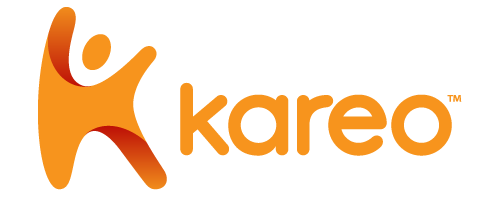





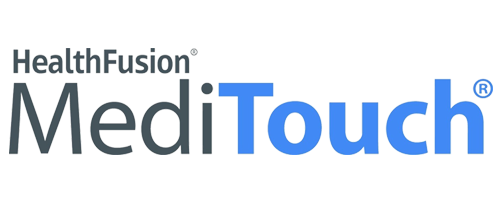
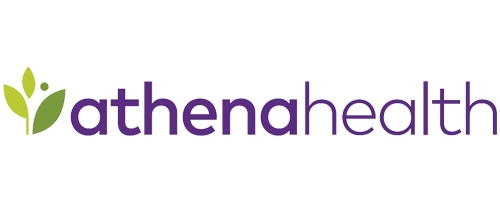


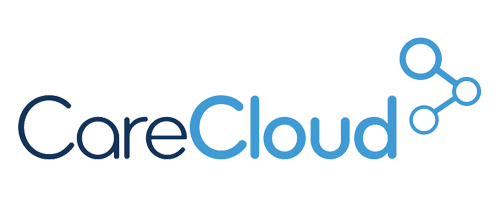
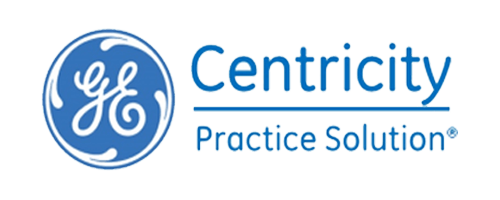
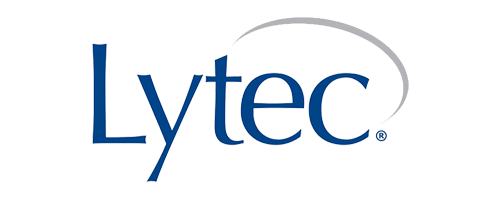

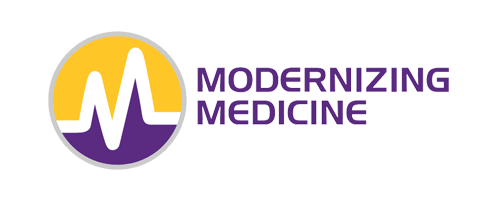



.webp)

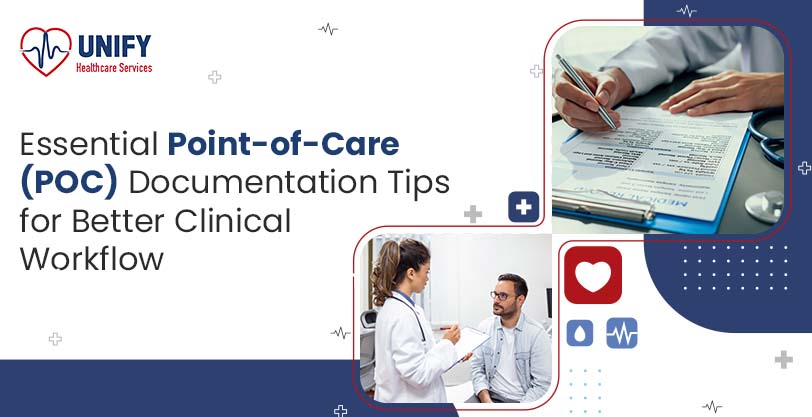
 1.jpg)


